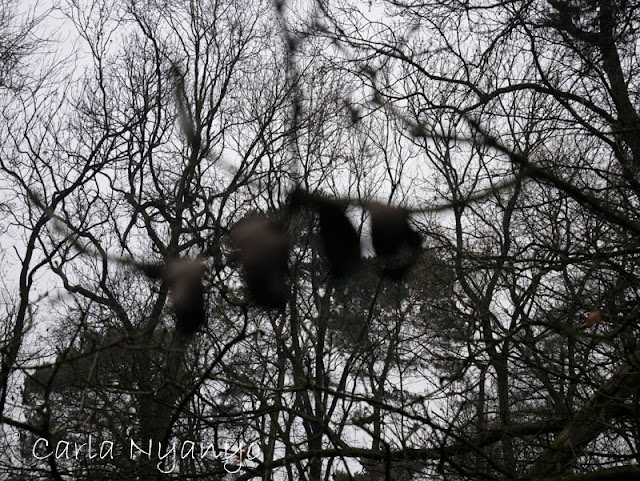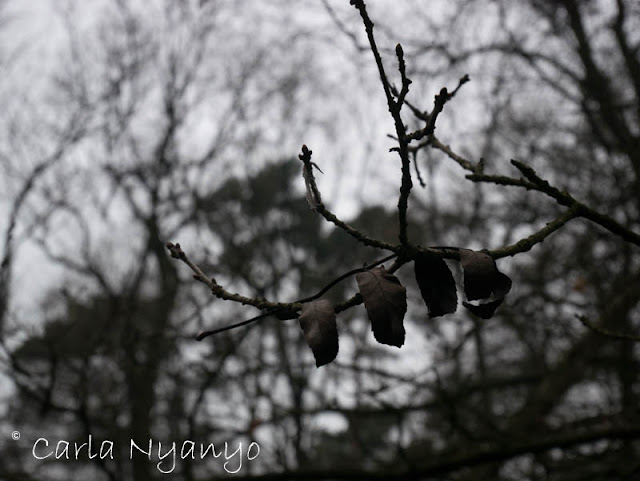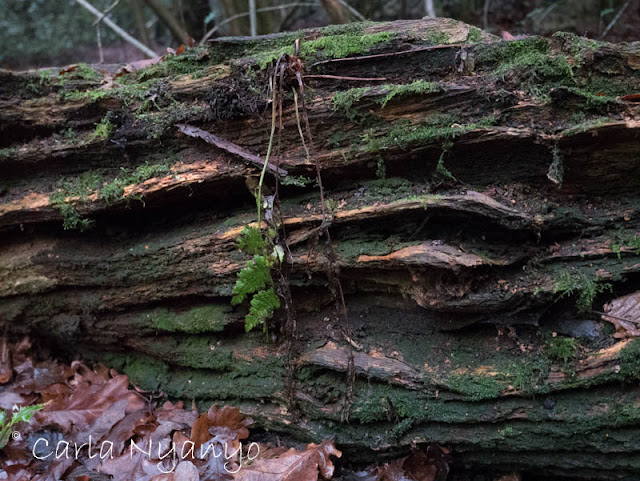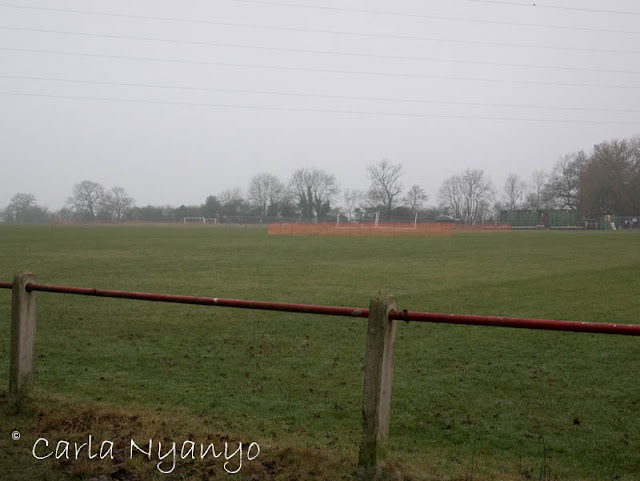Meet my new camera!
I've been thinking about going mirrorless since visiting the Photography show in Birmingham last year and last week I purchased a Lumix DMC-GX80. I love love love my SLR but it is kinda big and heavy particularly when I'm just photographing for fun. With the absence of a mirror the Lumix is compact, light and much more portable.
It also has a whole load of new features so I took it out for a little test shoot last week to try some of them out.
It also has a whole load of new features so I took it out for a little test shoot last week to try some of them out.
It came with a 12- 32mm kit lens which doesn't have a focusing ring but you can still focus manually using the buttons on the back of the camera which is cool.
It also has a function called "Post Focus" which allows you to take a photo and choose the focal point afterwards as it records several versions of the image with all possible focal points in focus.
When you play the image back it comes up with this screen. You then use the touch screen and tap the area of the image you want to be in focus and save the image as a jpeg.
So you can choose to have either the foreground...
... or the background in focus when you get home! And you can save as many different versions of the image as you have space for. With the photograph below I saved 3 version each with either the foreground, middle or background in focus.
Another feature that I had a go with is the automatic Bracketing. This allows you to take photos while the camera automatically adjusts either exposure, aperture, focus or white balance. The one that I used was the exposure bracket.
First it records the image with the "correct" exposure...
... then 1 stop under exposed...
... the 1 stop over exposed.
Without going into extensive detail about how light meters work, especially matrix metering, sometimes they get it wrong maybe if your subjects is very dark or very light and so by bracketing you're giving yourself some options.
So for example, with the 3 photos above, the first is "correctly" exposed, the second is 1 stop under and the third is 1 stop over but I would choose the under exposed one to keep.
The other that's handy for composing shots at weird angles is the the tilting screen. I used it a lot as a waist level viewfinder similar to a medium format camera.


























